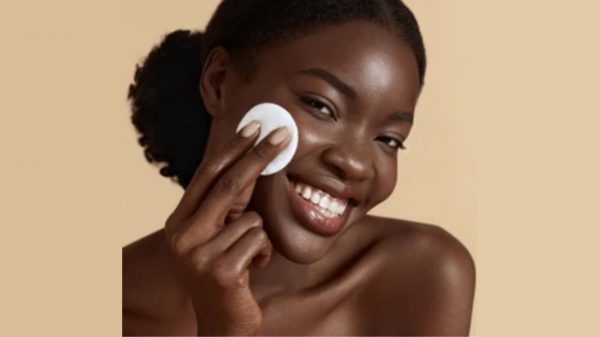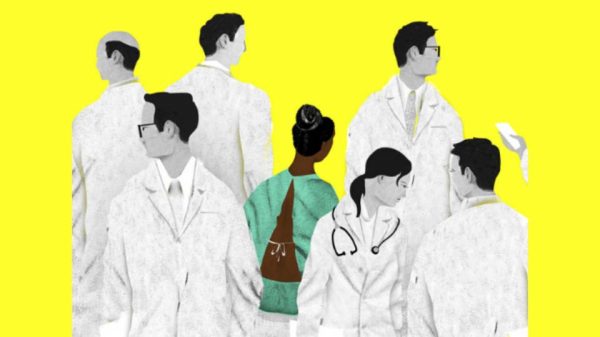Keeping on top of our health and well being is important all year round, but for International Women’s Day this year (Sunday 8th March), we ask the experts to share their advice and answer some of our common questions.
Are my periods normal?
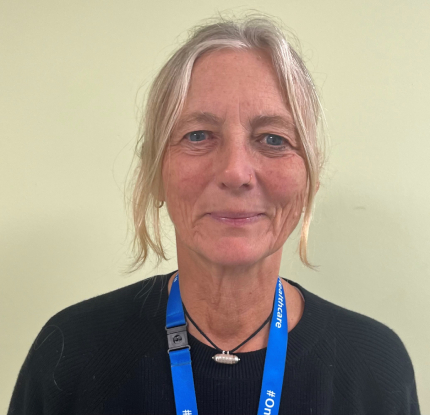
Dr Sue Mann, Clinical Director for Women’s Health says many women will have questions about their periods or menstrual cycle.
“People’s periods are very different but if your period is getting in the way of your normal life or changes then you should contact your GP surgery.”
Changes can include them getting longer, heavier or painful, becoming irregular or stopping, bleeding in between periods or after sex.
Premenstrual Syndrome (PMT) can also affect anyone who has periods and typically happens in the second half of the cycle before the period starts. Common symptoms include mood swings, feeling depressed, irritable, anxious or emotional, bloating and headaches.
Dr. Mann advises: “Keeping a healthy, balanced diet and taking regular exercise can help with managing symptoms. Paracetamol and ibuprofen can help with pain. Your GP surgery may also recommend other treatments that can help.”
When will I go through menopause?
Menopause is a natural stage of life when your periods end because the ovaries stop releasing eggs and producing reproductive hormones. It usually occurs from the ages of 45 to 55 but can be earlier or later.
Dr Ewa Craven, a GP and Menopause Specialist and Clinical Women’s Health Lead for Lancashire and South Cumbria Integrated Care Board explains: “Women experience menopause differently. Some have no problems whatsoever, whilst others are seriously affected – often at a time of life when they’re juggling different roles and responsibilities.
When it comes to treatment, not everyone is getting the same level of help. Black and Asian women are less likely than average to receive hormone replacement therapy (HRT). Barriers such as social stigma, not wanting to complain about symptoms, or a lack of knowledge means some women are suffering in silence.
“If you’re struggling with any symptoms of menopause I’d urge you to speak with a healthcare professional. There are treatments that can help. I know it can be difficult to speak up, but as a doctor I’d want to rule out other causes for these problems too.”
What is HRT and is it safe?
The main treatment for menopause symptoms is HRT which replaces hormones that are at low levels. It can be given as patches, gels, sprays, tablets, pessaries, or creams.
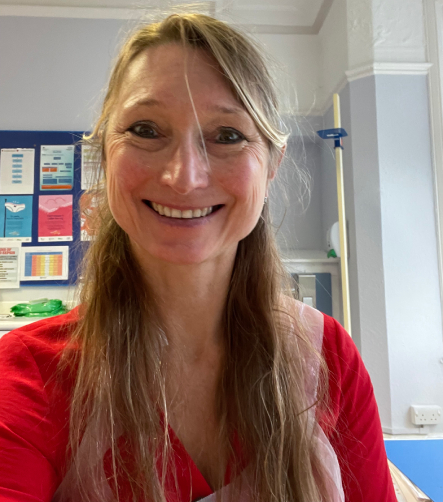
Dr Craven advises: “There are many benefits in starting HRT during ‘perimenopause’, when you have menopause symptoms but before your periods stop. It works best when lifestyle adjustments are made at the same time – eating more healthily, increasing physical activity and maintaining a healthy weight all help.”
Studies show that, for many women, HRT may have more benefits than risks, such as reducing the risk of heart or bone disease.
Dr. Craven adds: “Risk of some types of cancer when taking HRT is minimal. It applies more to those who are at higher risk already because of their lifestyle (including smoking or drinking alcohol) or family history.
“As a menopause specialist, I’ve supported women to take it safely, so encourage others to seek advice on whether it could help them. Help is also available with prescription costs including a pre-payment certificate for HRT.”
Find out more about hormone replacement therapy and how to save money with prescription costs.
Can natural remedies help with menopause?
A good sleep routine, relaxation exercises, a healthy diet (including calcium-rich foods such as milk, yoghurt or kale) and regular weight-bearing exercise can boost your mood and your health.
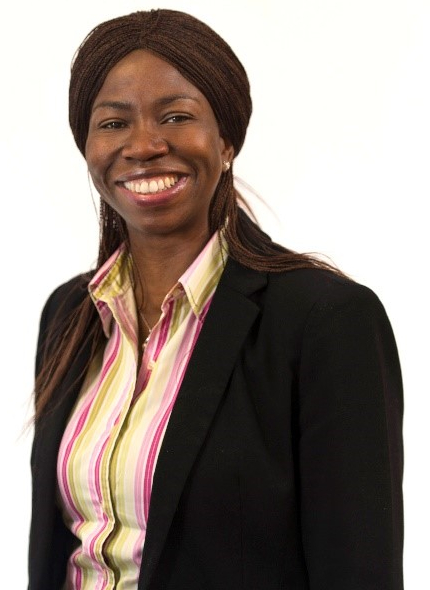
Dr Bola Owolabi, a GP and National Director of Healthcare Inequalities says: “This is a great time to look at your lifestyle. Please talk to your doctor or pharmacist if you plan on using natural and herbal remedies. Just like medicines, they are not suitable for everyone and might affect medications you are already taking for another condition.”
What about vitamin D?
Joint pain and weak bones can affect some women during menopause and vitamin D keeps our bones, teeth and muscles healthy. Although sunlight on our skin helps to produce vitamin D naturally, it can be difficult to get outside during the winter months.
And even as the weather starts getting warmer, if you wear clothes that cover up your skin, spend a lot of time indoors or if you have darker skin, you may not make enough vitamin D from the sunlight.
The government advises everyone should consider taking a daily vitamin D supplement during the autumn and winter, but you may decide to take supplements all year round. Calcium is also important for bone health, but most people take adequate calcium in their diet. People who do not eat dairy which contains a lot of calcium should make sure they eat other calcium rich foods such as oily fish and green vegetables.
Am I at risk of getting breast cancer?
Breast cancer is one of the most common cancers in the UK and around 1 in 7 women are diagnosed with it during their lifetime. Abnormal cells form, divide and cause tumours which can spread throughout the body if they aren’t spotted and treated.
Dr Owolabi says: “Any one of us can get breast cancer at any age, although most women diagnosed are over the age of 50.
“Everyone should check their breasts regularly for lumps, changes in shape or size, changes in their nipple or any discharge or rash. It helps to learn what looks and feels normal for you.
“And no matter what gender you are, if you notice changes, please make an appointment at your GP surgery. Most changes aren’t cancer, but it could be something that needs to be treated.”
Does breast cancer run in families?
Some people have a higher risk of developing breast cancer than others because other members of their family have had cancers. Having a mother, sister or daughter diagnosed with breast cancer under the age of 50, approximately doubles the risk of breast cancer. This risk is higher when more close relatives have breast cancer, or if a relative developed breast cancer under the age of 50. But most women who have a close relative with breast cancer will never develop it
In the UK, breast cancer rates vary amongst women from different backgrounds, with higher rates in White women. Although rates are lower in women with Black or South Asian heritage, they tend to have more advanced breast cancer when they are diagnosed.
Black women are at a higher risk of triple negative breast cancer which is a more aggressive and faster growing cancer. Diagnosing it as soon as possible means treatment can start sooner.
“Women diagnosed with breast cancer don’t always know their family history. But if you’re worried, contact your GP surgery as there are tests to check if you have these genes,” Dr Owolabi adds.
Breast screening prevents an estimated 1,300 deaths each year
Women between the ages of 50 and before their 71st birthday are eligible for free NHS breast screening every 3 years. You’ll be automatically invited if you’re registered with a GP between the ages of 50 to 53,but if you haven’t received an invite by the age of 53, or if you are older than 71 and want to continue screening, you can contact your local screening service to arrange an appointment.
Dr Owolabi says, “Screening saves lives as cancers can be diagnosed and treated earlier – often before you can even see or feel any changes yourself.
“The mammogram takes just a few minutes and is completed by a female mammographer. They will try to make the experience comfortable for you and explain everything that will happen.”
More than two million women a year attend breast screening. Around four in every 100 need further checks, and out of these four, one will have cancer.
Find out more about breast screening
How common is cervical cancer?
Around 2,700 cases of cervical cancer are diagnosed in England every year, but this could be something of the past – thanks to cervical screening and the Human Papillomavirus (HPV) vaccination.
Cervical screening is offered to women from the age of 25 to 64. A small sample of cells are taken from the cervix and they are checked for high-risk HPV which causes nearly all cervical cancers, and is linked to other cancers including mouth, and head and neck.
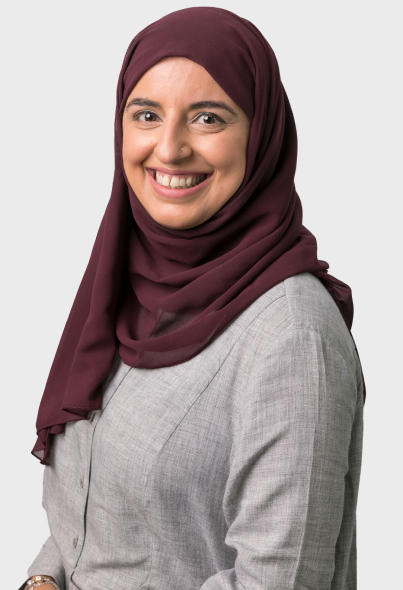
Dr Shehla Imtiaz-Umer, a GP in the Midlands explains: “HPV is nothing to be embarrassed about and doesn’t mean a partner has been unfaithful. Many of us will have HPV at some stage in our lives and in a lot of cases, your immune system will naturally get rid of HPV.”
If HPV is found and you have abnormal cell changes, you might need a simple procedure to look at your cervix, called a colposcopy. A small sample of cells might be taken to test how much change has occurred in your cells.
Dr Imtiaz-Umer adds: “If changes to your cervical cells are detected early, we have effective treatments to remove any abnormal cells caused by the high-risk HPV infection, to prevent cancer.”
Find out more at www.nhs.uk/cervicalscreening
Let’s talk about HPV
Following her screening appointment at the age of 25, Jenna learned that she had HPV and it had caused cervical cell changes (abnormal cells). She had treatment to remove these cells and tells us her story:
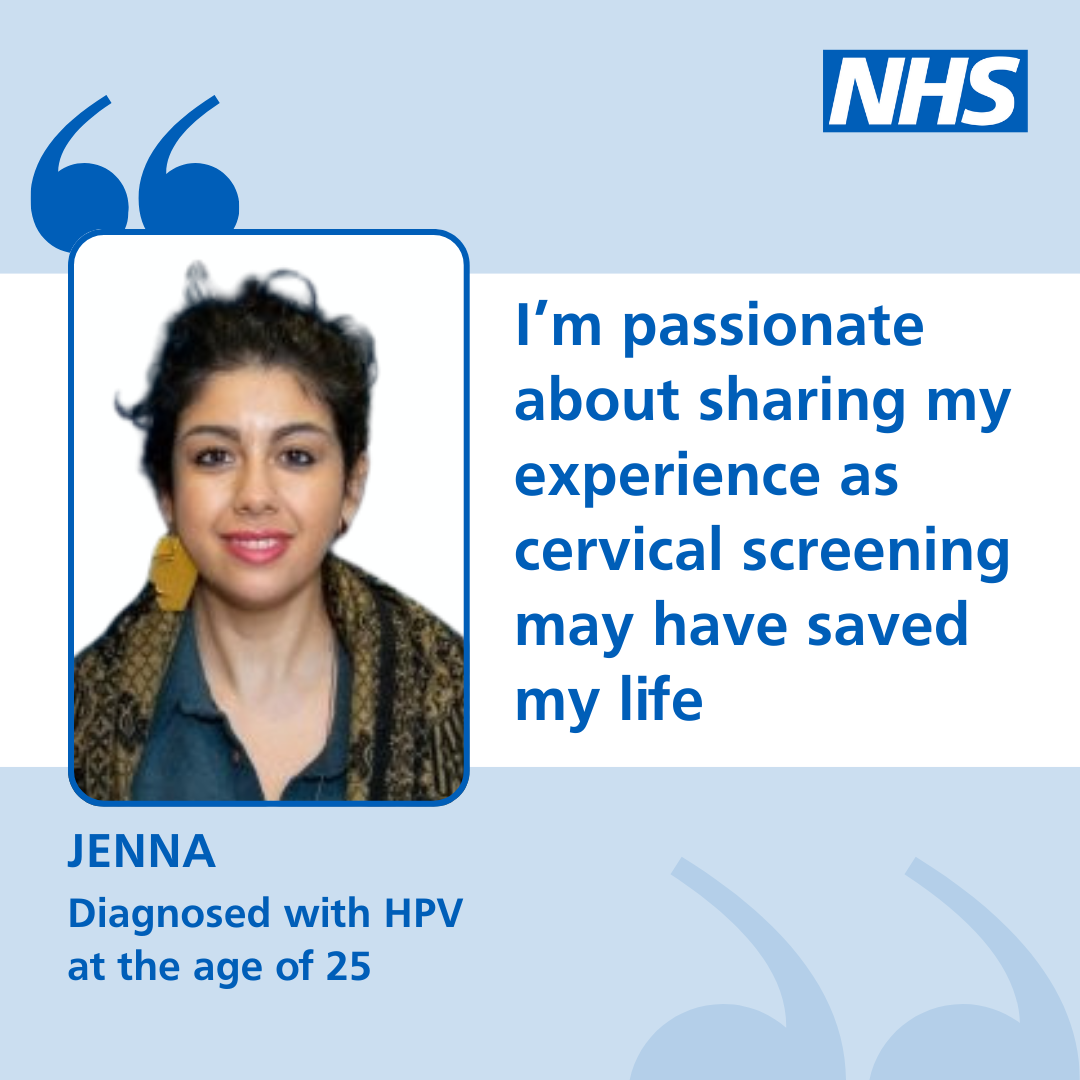
I had some cell changes since my last test and initially I didn’t want to speak to anyone about my results. I felt like it was a taboo topic, partly with the fear of having cancer and partly because it wasn’t spoken about much. I’m Arab and mixed race so for me, there was the shame in our culture around sex. It’s often internalised and you don’t really talk to others in the community about it. And my generation didn’t have HPV vaccines at school either.
The team were fantastic at my colposcopy appointment. They gave me two options – having my changed cells removed, or waiting six months to see if the cells had gone back to normal by themselves. I decided to have treatment. The team explained the potential risks, but for me there was no question – I didn’t want to worry about it developing into cancer.
What is the HPV vaccine?
NHS England has committed to eliminate cervical cancer by 2040 and along with cervical screening, the HPV vaccine is crucial to achieve this. Most types of HPV are harmless, but some types are linked to an increased risk of certain types of cancer.
The vaccine is recommended for children aged 12 to 13 years old (year 8) and can be given in schools (or in community clinics for those not in school).If your child has missed their vaccine, you can contact your school nurse, school vaccination team or GP surgery. It is available for girls under 25 or boys born after 1 September 2006.
If you’re aged under 25 and haven’t been vaccinated, you can still ask your GP to vaccinate you.
Find out more about the HPV vaccine
What if I’m scared about my appointment?
Dr Mann says we need to make sure breast and cervical screening are accessible and acceptable to everyone. “We’re here to help people take up these life-saving services. As staff, we know you might feel very nervous or vulnerable, so we need to help you understand the procedure and feel comfortable.
“Before your appointment, you can ask for a female clinician, or talk to someone if you have had a traumatic past experience, suffered abuse, a difficult pregnancy or just feel scared about it. Your healthcare practitioner can make adjustments and you can bring someone with you if you need. Although the tests are usually very quick, you can ask to stop at any point if you want to. Please don’t hesitate to ask a healthcare professional if anything’s on your mind.”
Find out more at www.nhs.uk/womens-health
As well as the subjects in this article, women are more likely to die or be unwell from cardiovascular disease (CVD), which affects the heart or blood vessels, such as high blood pressure, heart attacks, and strokes. You can find out more about how to protect yourself against CVD in a future article.
















